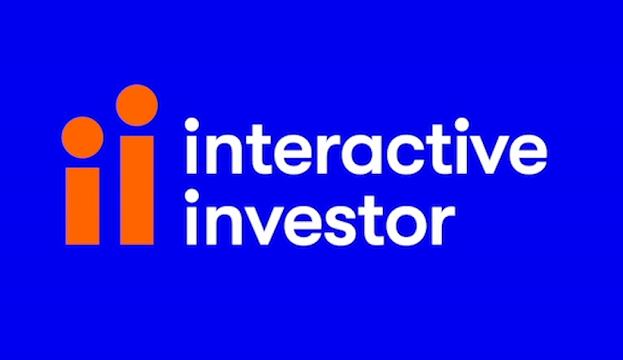Child Trust Funds turn 18: the Covid-19 impact and investing options
The first CTF accounts mature in September and teenagers must consider their next step.
17th August 2020 16:24
by Jemma Jackson from interactive investor
The first CTF accounts mature in September and teenagers must consider their next step.

The first children to be enrolled in the Child Trust Fund (CTF) scheme will turn 18 in September and can access their money. But for some, the Covid-19 market downturn may have wiped off some of the gloss after years of diligent saving.
CTFs were introduced by the government in January 2005 to encourage families to save for their children's future offering cash vouchers worth £250 (or £500 for low-income families) to get them started.
Research by interactive investor found that parents who invested the £250 in vouchers in the FTSE All-Share index when CTFs were launched in January 2005 and contributed £100 a month thereafter would have experienced a £6,112 loss since the end of 2019 (£33,052 at 31 December 2020 versus £26,940 by 31 July 2020*).
For those who drip-fed £50 every month after the initial £250 voucher investment, the pot would have grown to £16,899 by the end of 2019, before falling £3,132 by the end of July (£13,767).
However, the reverse is true for those who invested in the regionally diverse MSCI World index. £100 monthly drip-feeders would have seen their investment grow to £44,058 – £584 more than the tally at the end of last year (£43,474).
The return for £50 monthly drip-feeders is £22,522, up from £22,231 at the end of last year.
Myron Jobson, Personal Finance Campaigner, interactive investor, says: “For some teenagers with a maturing CTF, it will be a baptism of fire into the world of investing. And although they’ll reach adulthood next month, they might still need a bit of hand holding from their parents to help guide them through the challenging investing environment at present.
“While those with maturing accounts may be itching to get their hands on the cash, they might want to think twice before making any withdrawals because the value of the pot could be worth considerably less than it was at the beginning of the year.
“It is interesting to see that a fund that accurately tracks the MSCI World index almost doubled the performance of the equivalent fund for the FTSE All Share index. It might feel safer to just stick to your home market, but investors will find plenty of opportunities in global stock markets. Spreading your investments globally to help offset your portfolio against region specific challenges, such as Brexit.
“The recent coronavirus fuelled market downturn is a timely reminder to investors of all ages that markets can fall as quickly as they rise and the importance of investing based on your risk profile and over a long timeframe to give your investments ample time to ride out the bumps in the market for a smooth and positive return.”
Saving for the next generation
New applications into the CTF closed on the 2nd January 2011 and have since been replaced with the Junior ISA, but contributions can still be made to existing CTF accounts.
Myron Jobson adds:
“For the youngest holders, there are still nine years before their CTF reaches maturity. Those in this position should definitely consider transferring to a Junior ISA. It is a no brainer in most instances as Junior ISAs tend to have better rates on cash savings, more investment options and lower charges.”
“A great way to get children investing is by telling them about the Junior ISA and bring them along the investment journey. You can invest in funds that hold shares in companies your child is interested in like Sony if your children own a PlayStation, or Nike if they are a bit of a sneakerhead. But as the time gets closer to your child’s 18 birthday, you might seek to move into lower-risk assets to preserve gains.”
These articles are provided for information purposes only. Occasionally, an opinion about whether to buy or sell a specific investment may be provided by third parties. The content is not intended to be a personal recommendation to buy or sell any financial instrument or product, or to adopt any investment strategy as it is not provided based on an assessment of your investing knowledge and experience, your financial situation or your investment objectives. The value of your investments, and the income derived from them, may go down as well as up. You may not get back all the money that you invest. The investments referred to in this article may not be suitable for all investors, and if in doubt, an investor should seek advice from a qualified investment adviser.
Full performance can be found on the company or index summary page on the interactive investor website. Simply click on the company's or index name highlighted in the article.